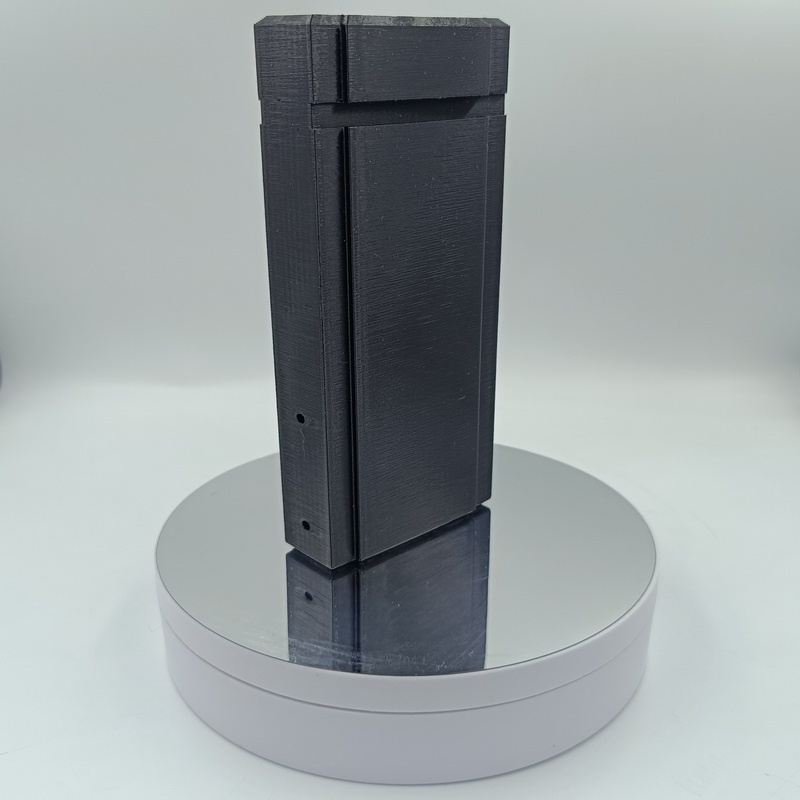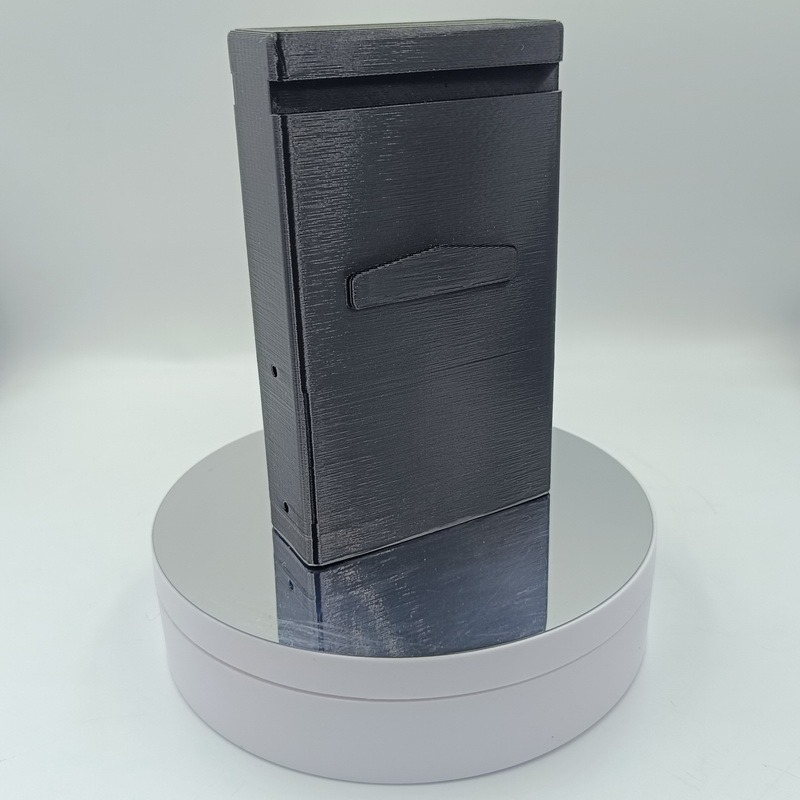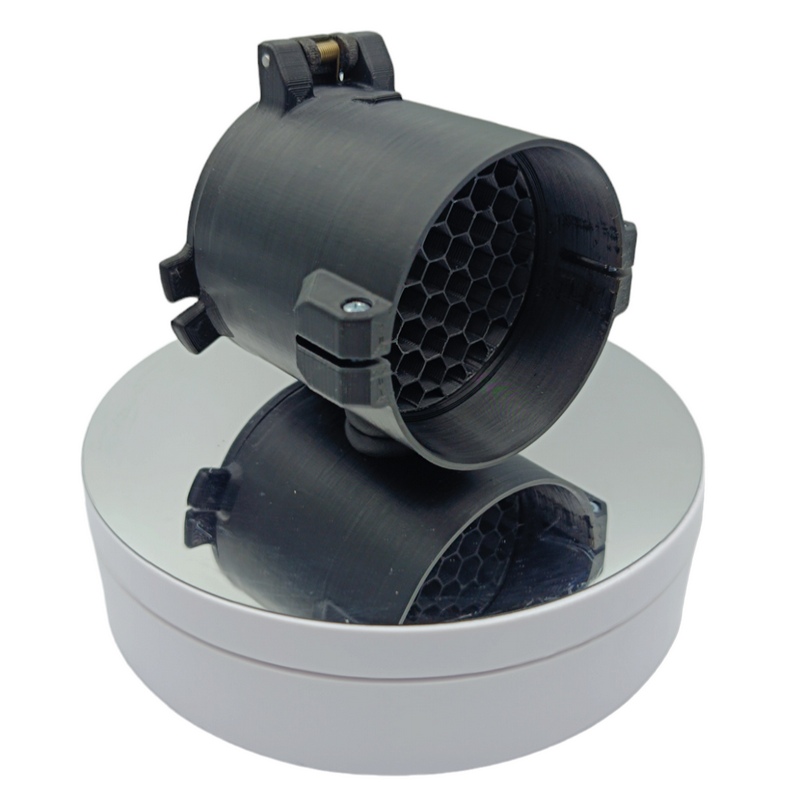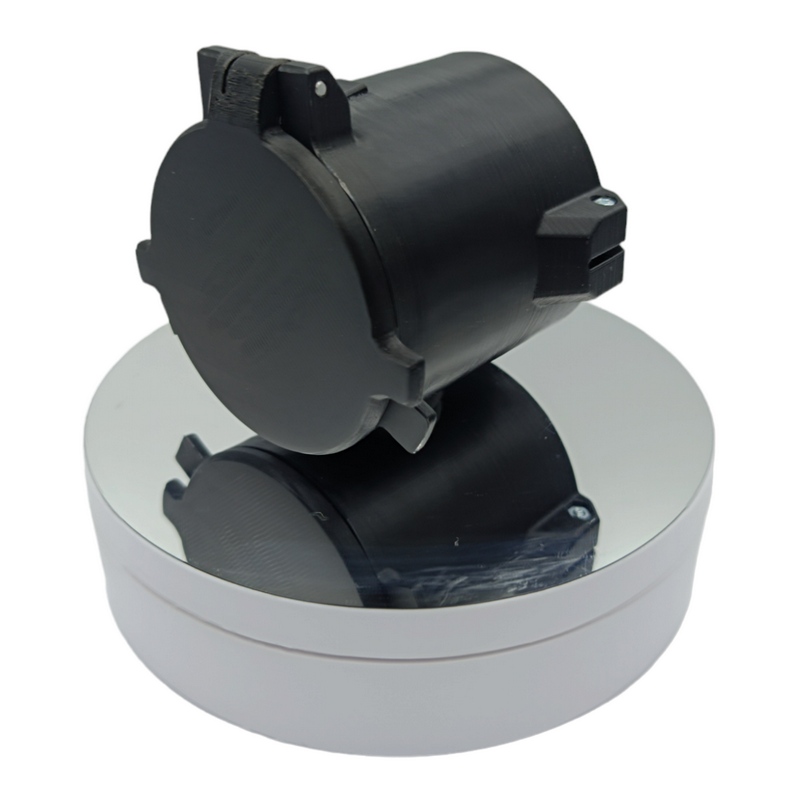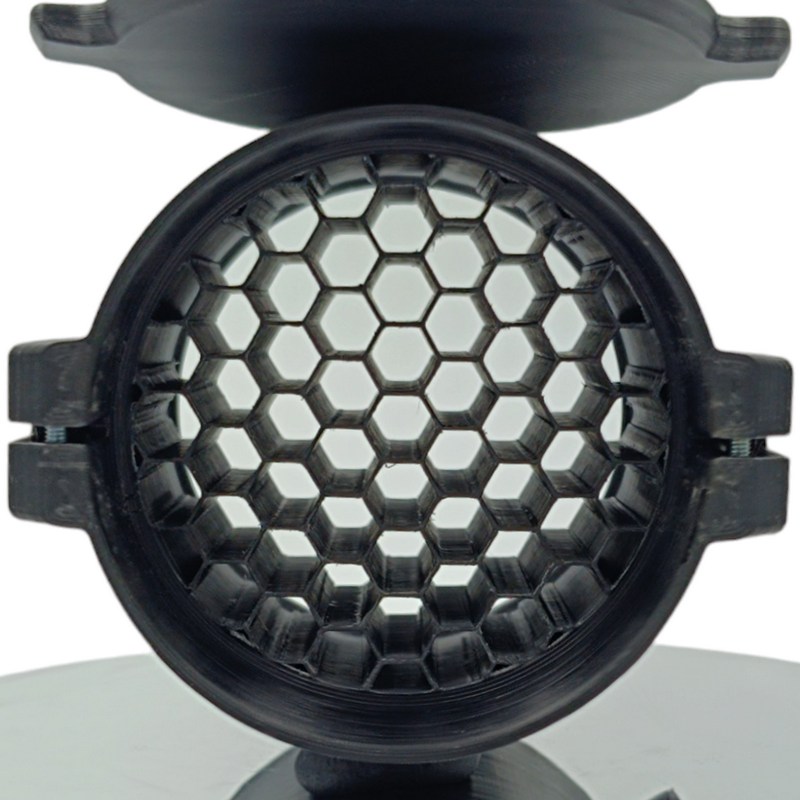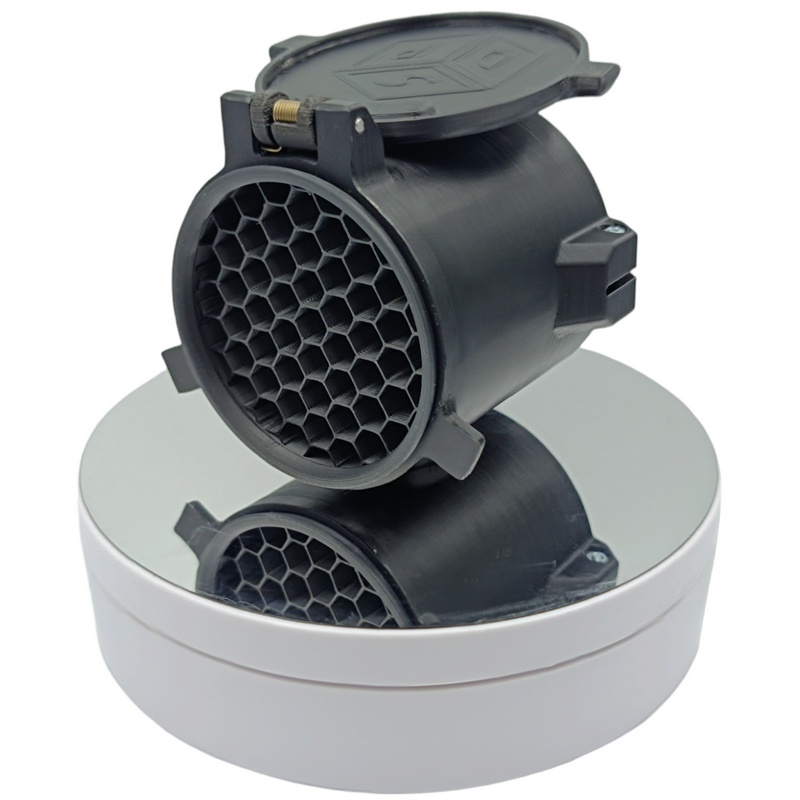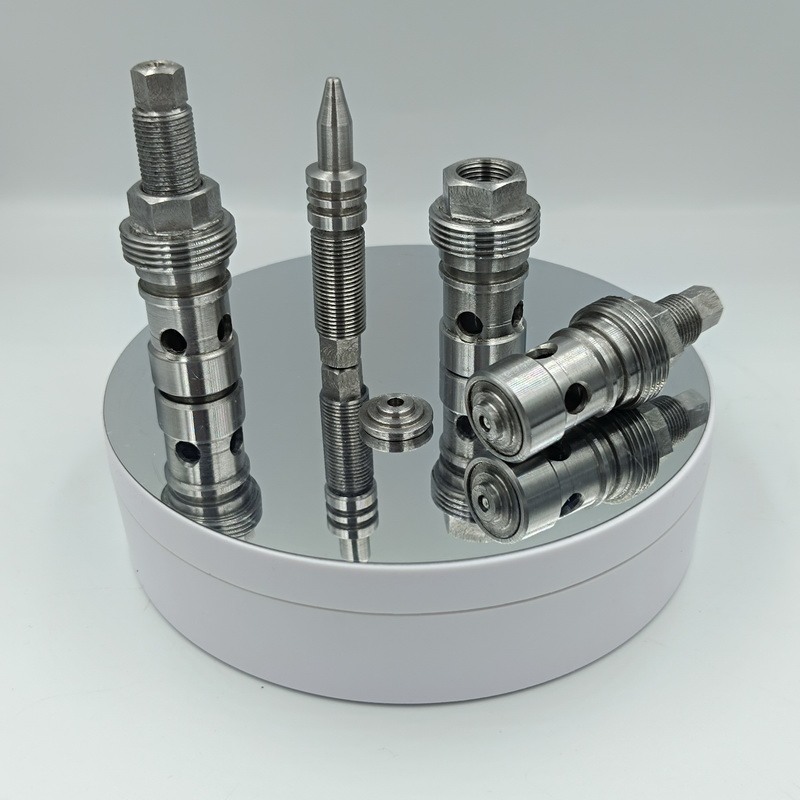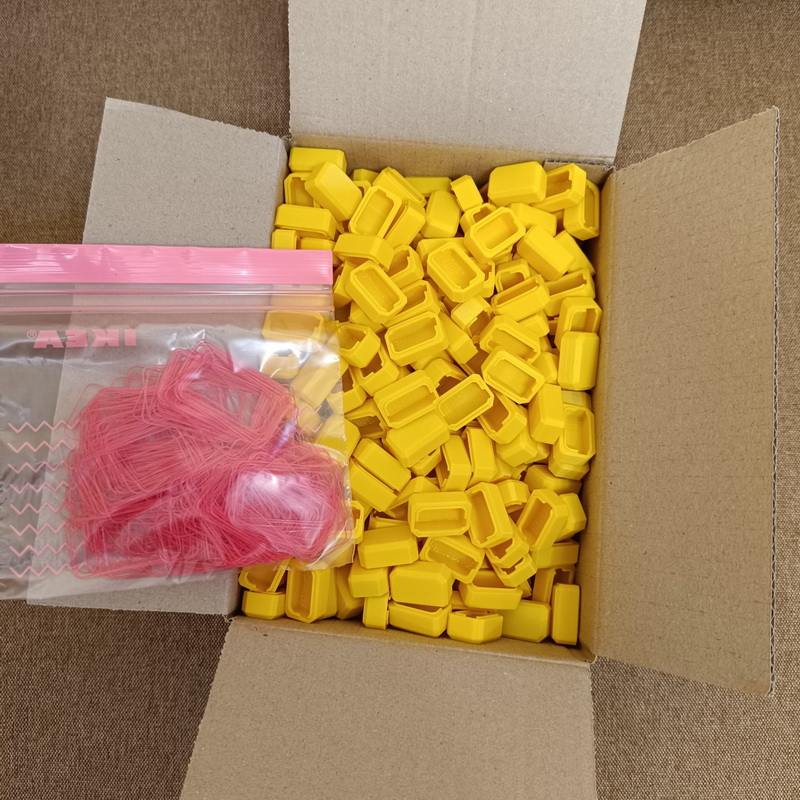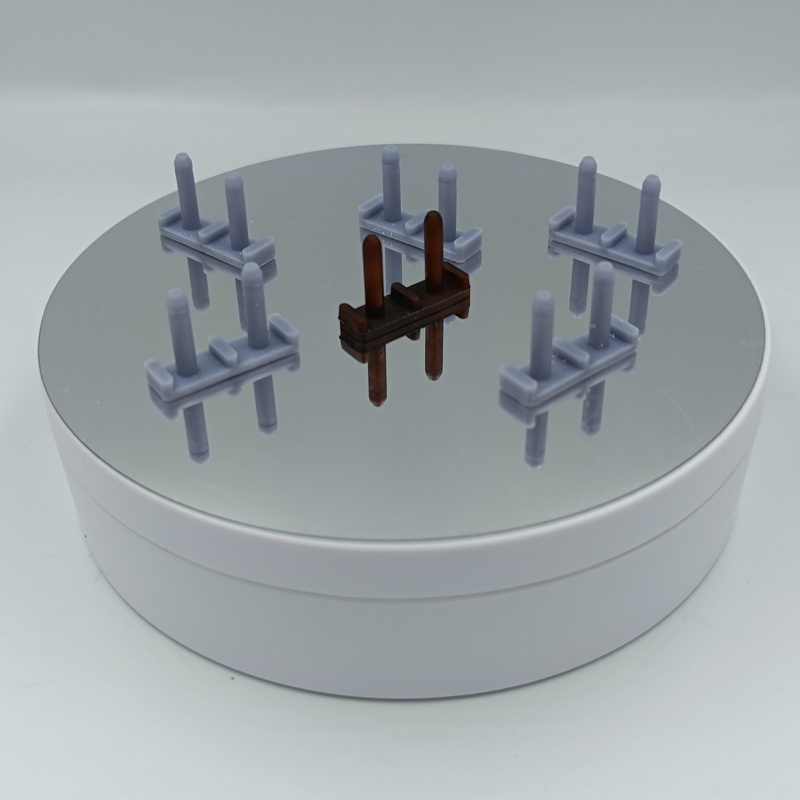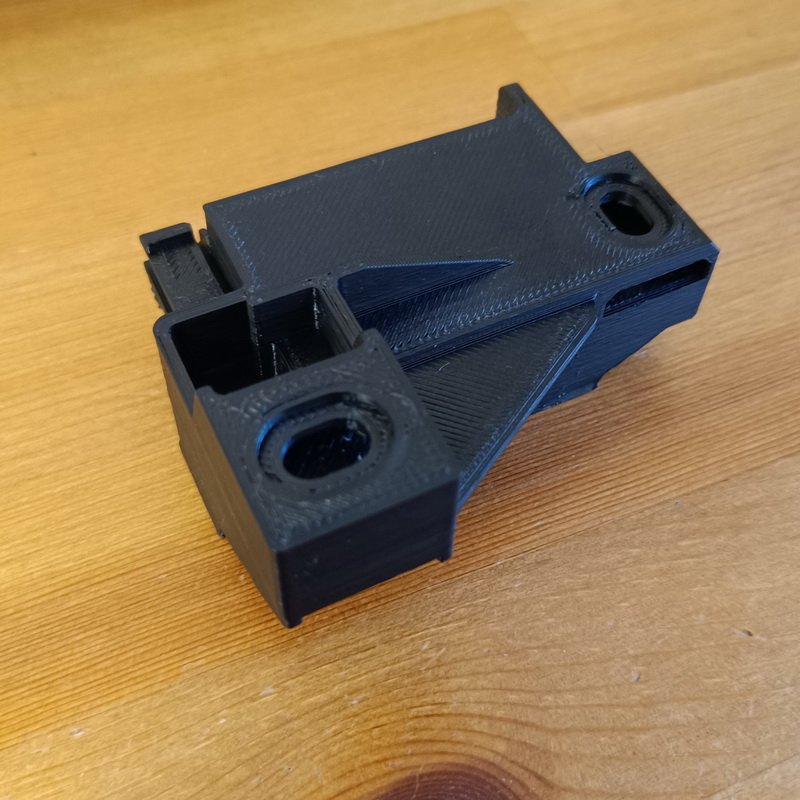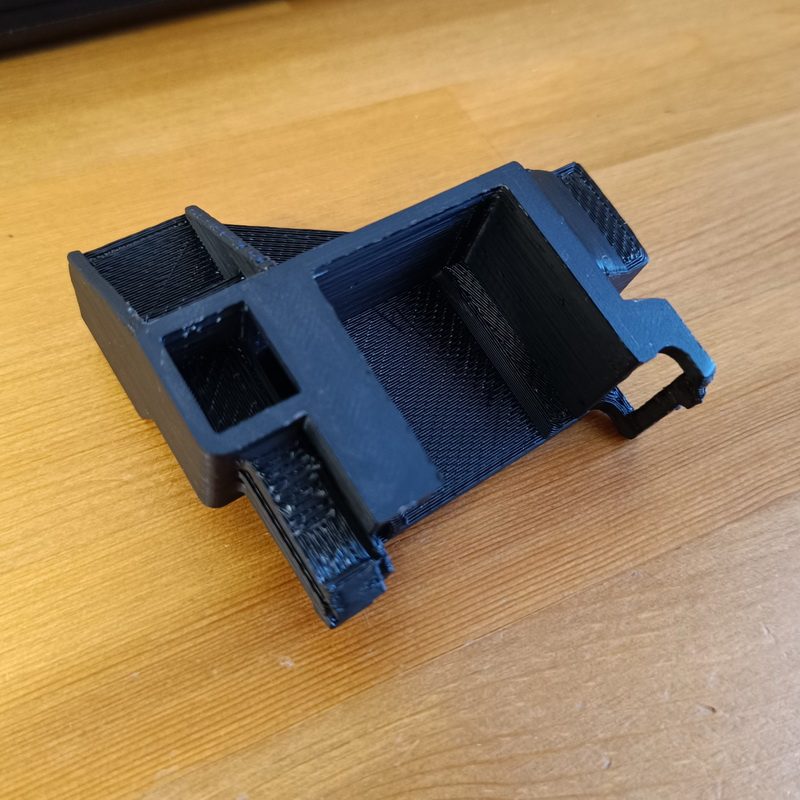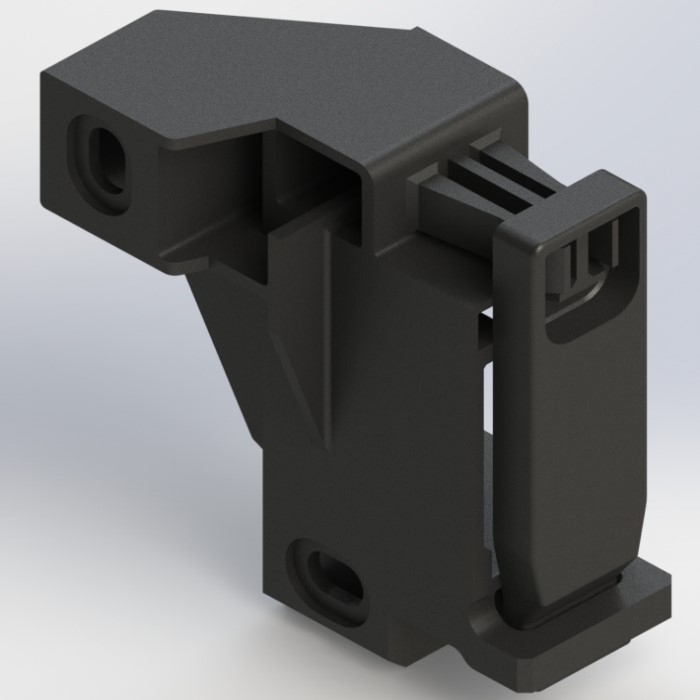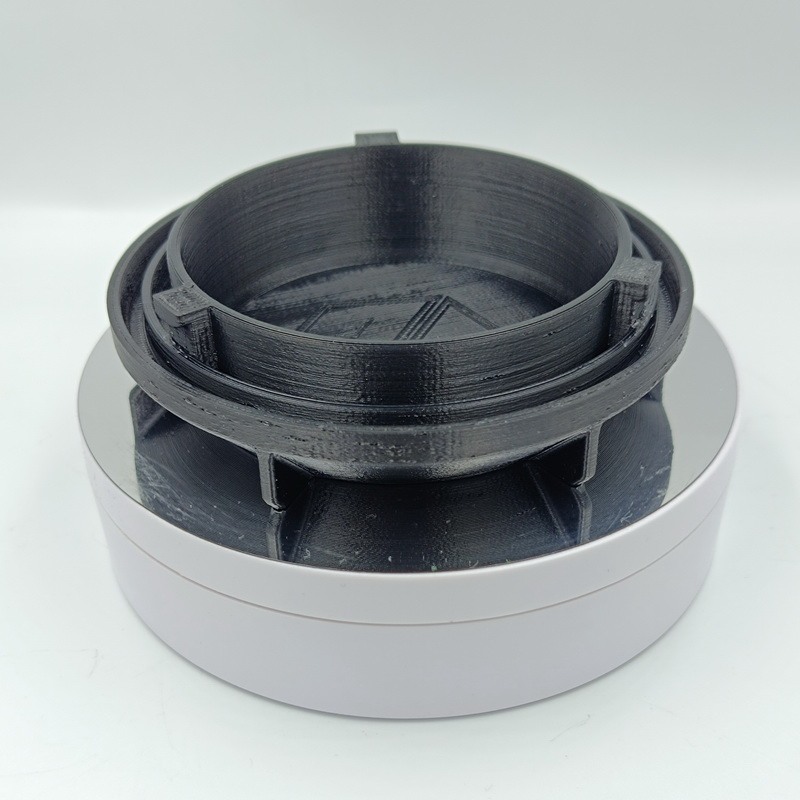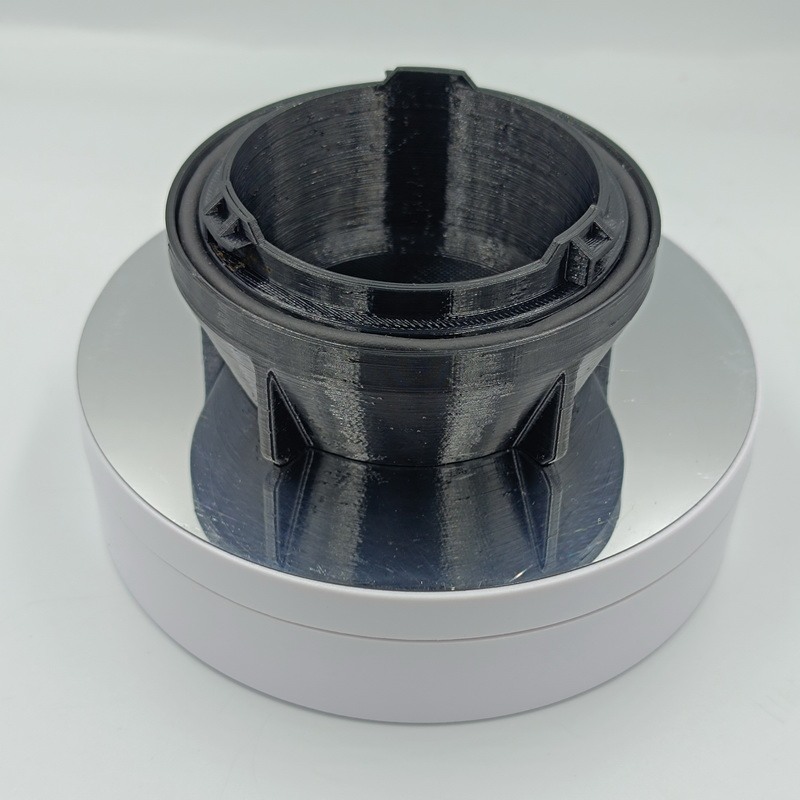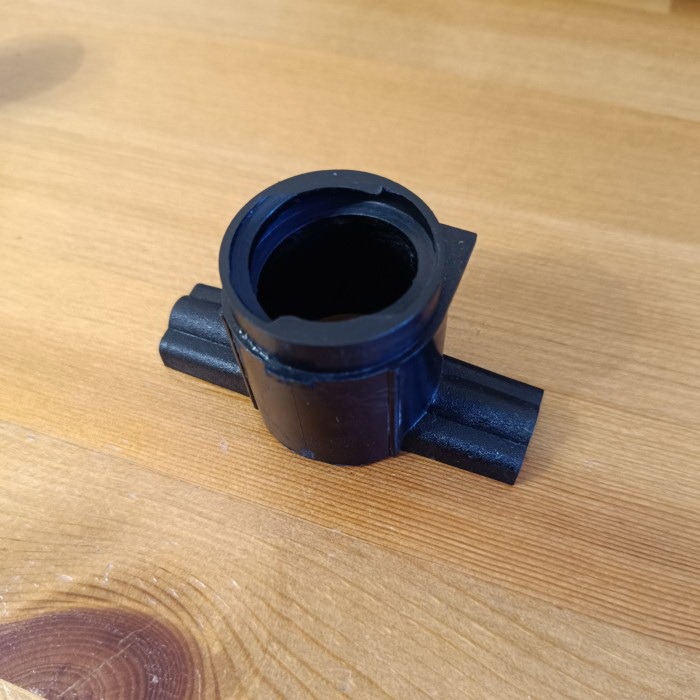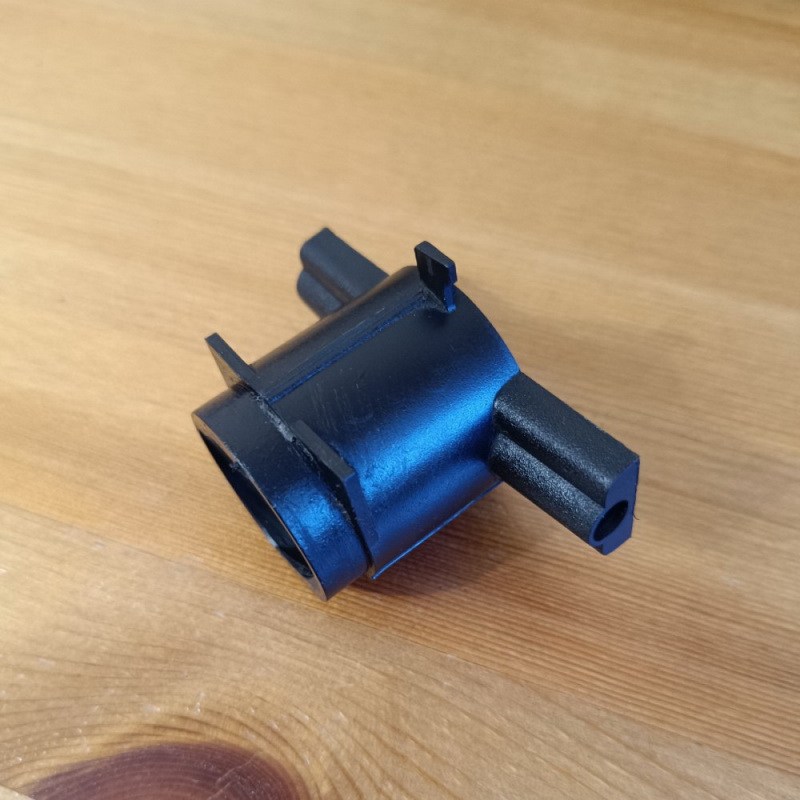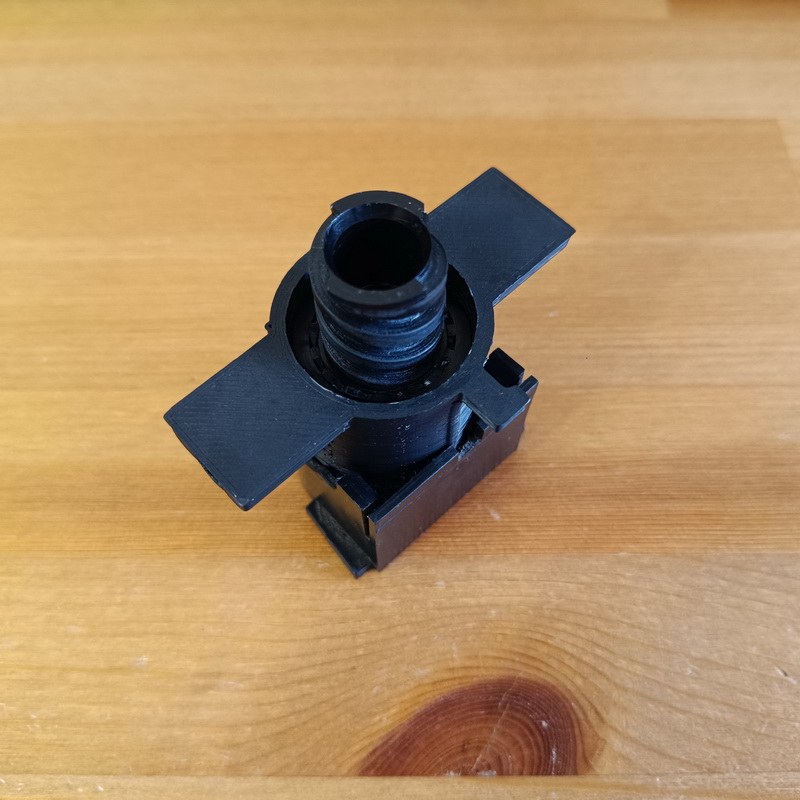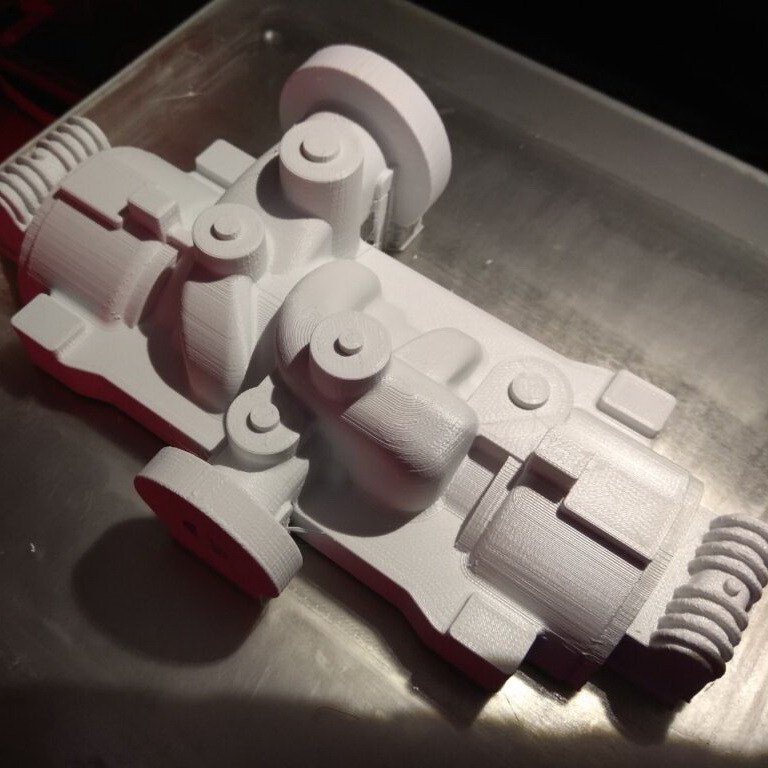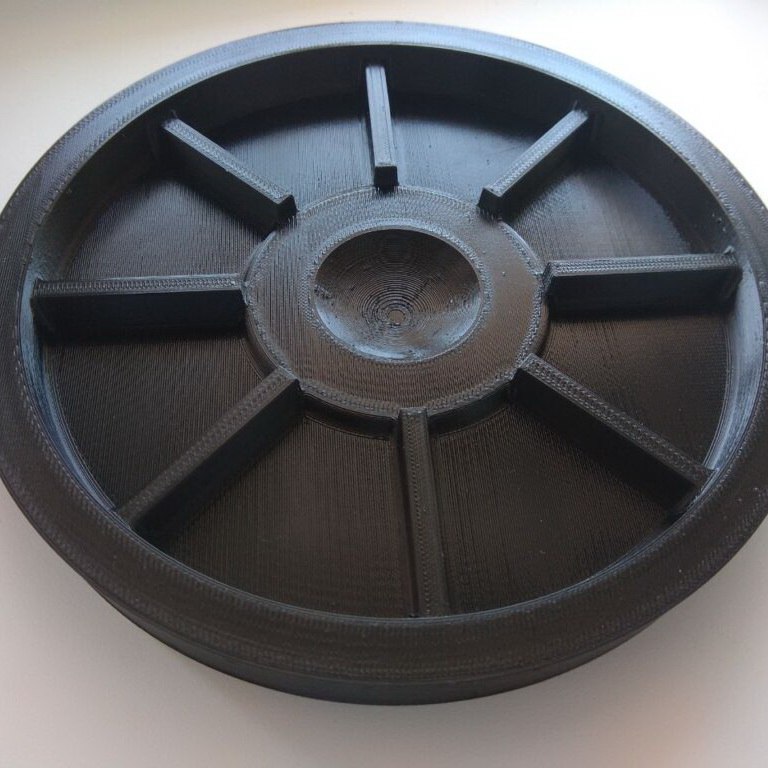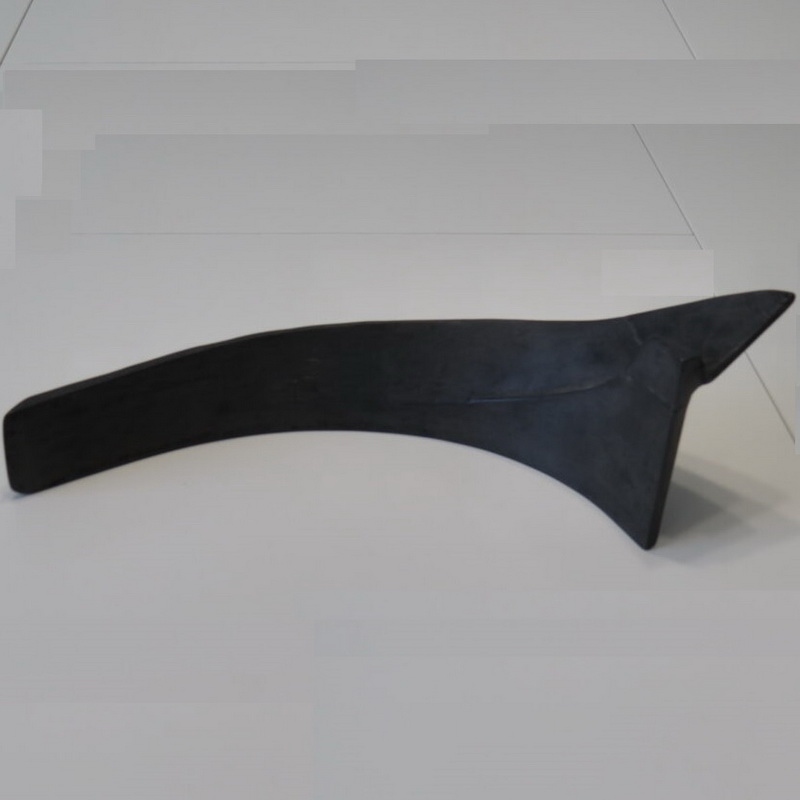How to choose materials for CNC machining
Introduction
How to choose materials for CNC machining? Selecting the right materials is a critical aspect of the CNC machining process. As an online CNC machining platform, CNC-Shift understands the significance of choosing the most suitable materials to ensure the success of any manufacturing project. In this article, we will guide you through the process of material selection for CNC machining, exploring key factors and considerations that will help you make informed decisions and achieve optimal results.
Understand the Project Requirements
The first step in choosing materials for CNC machining is to thoroughly understand the project requirements. Consider the following factors:
- Mechanical Properties: Identify the required strength, hardness, toughness, and other mechanical properties needed for the part to perform its intended function effectively.
- Environmental Factors: Evaluate the environmental conditions the part will be exposed to, such as temperature, humidity, and corrosive elements, as these factors may influence material durability.
- Regulatory Compliance: If the part is intended for use in specific industries, ensure that the chosen materials comply with relevant industry standards and regulations.
- Aesthetic and Surface Finish: If the part’s appearance is crucial, consider the material’s aesthetic qualities and how well it can hold surface finishes.
Material Options for CNC Machining
CNC machining offers a wide range of materials to choose from, each with unique properties and applications. Some common materials used in CNC machining include:
- Aluminum: Lightweight, corrosion-resistant, and excellent for various applications, including aerospace, automotive, and consumer electronics.
- Steel: Durable, versatile, and suitable for applications requiring high strength, such as industrial machinery and automotive parts.
- Stainless Steel: Offers excellent corrosion resistance and is ideal for parts exposed to harsh environments, such as marine or medical equipment.
- Brass and Copper: Known for their electrical conductivity, these materials are commonly used in electronics and plumbing applications.
- Plastics: Offering versatility and low cost, plastics are ideal for rapid prototyping and producing lightweight components.
- Titanium: Renowned for its high strength-to-weight ratio, titanium is often used in aerospace, medical implants, and sporting goods.
Balance Cost and Performance
While choosing materials for CNC machining, it’s crucial to strike a balance between cost and performance. Sometimes, high-performance materials might be the ideal choice for critical applications, but they could come at a higher cost. Evaluate your budget constraints and weigh them against the desired mechanical properties and application requirements to make an informed decision.
Consider Machinability
Different materials exhibit varying machinability characteristics. Some materials, like aluminum and certain plastics, are generally easier to machine, while others, such as hardened steels, may require specialized tooling and slower machining speeds. Factor in the complexity of the part’s design and the required precision when choosing materials with optimal machinability.
Seek Expert Advice
If you are unsure about material selection for your CNC machining project, don’t hesitate to seek advice from CNC machining experts. At CNC-Shift, our experienced team can guide you through the material selection process based on your specific project requirements, ensuring that you make the best-informed decision.
Conclusion
Choosing the right materials for CNC machining is a crucial step in ensuring the success of any manufacturing project. By understanding the project requirements, exploring material options, balancing cost and performance, considering machinability, and seeking expert advice, you can confidently select materials that meet your needs and deliver superior results. At CNC-Shift, we are dedicated to providing you with the knowledge and expertise you need to make informed decisions, optimizing your CNC machining projects and delivering high-quality products to meet the demands of your industry.


